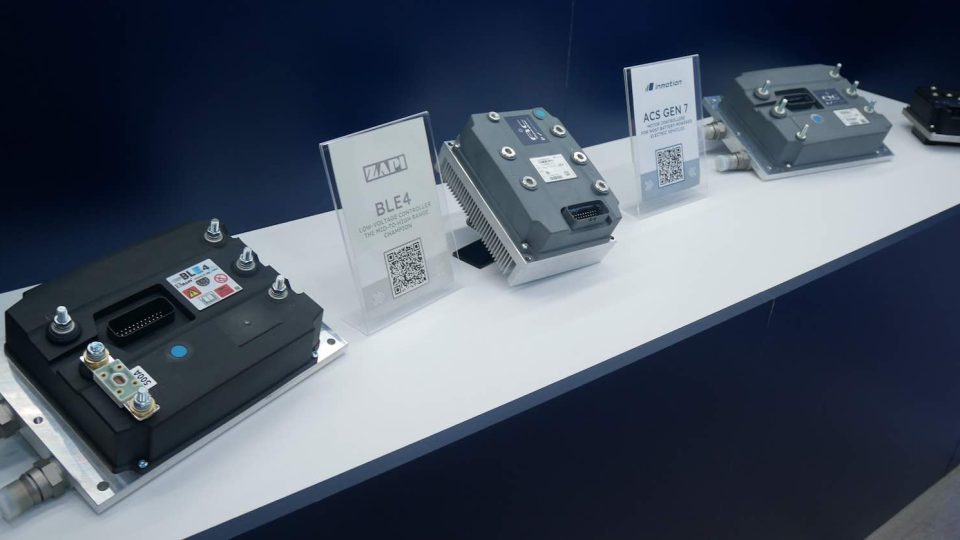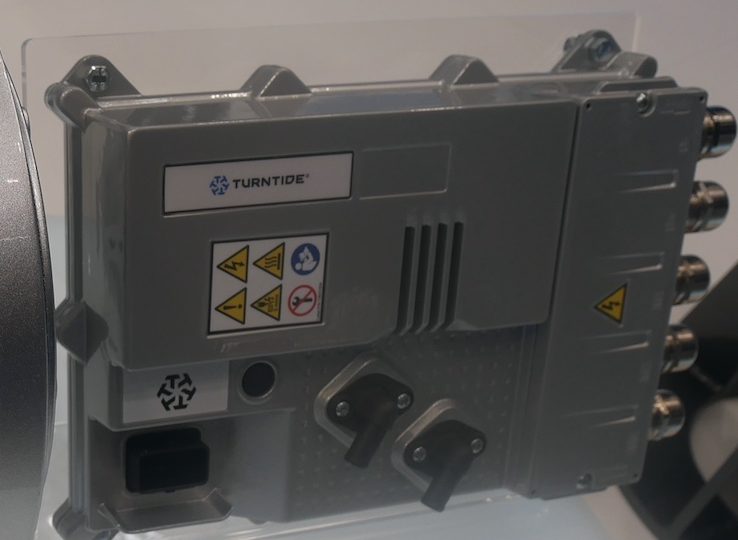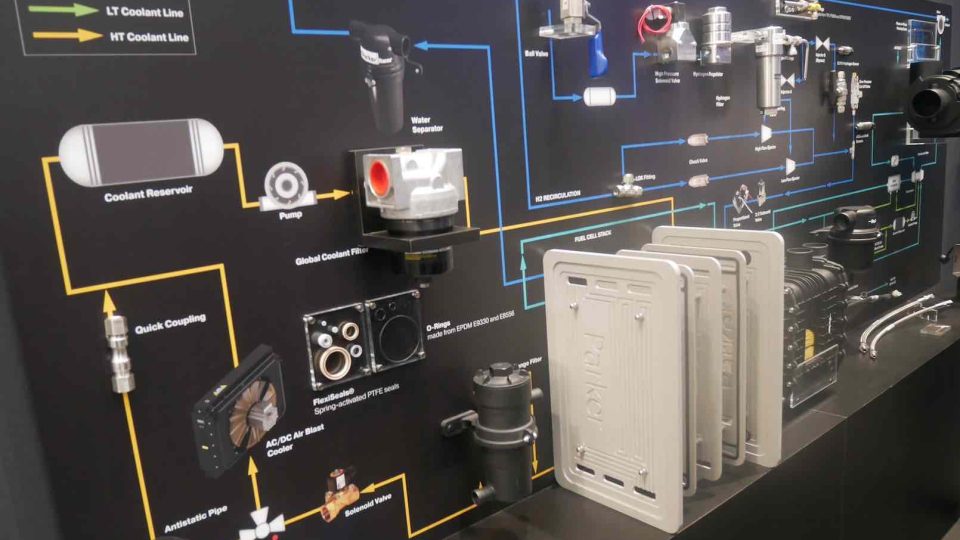Sweco’s climate targets approved by Science Based Targets initiative (SBTi)
Sweco has received the validation and approval of its near-term emissions reduction targets by the Science Based Targets initiative (SBTi). As Europe’s leading architecture and engineering consultancy, Sweco is committed to actively supporting the transition to a low-carbon society.

Sweco has received the validation and approval of its near-term emissions reduction targets by the Science Based Targets initiative (SBTi). The climate targets cover emissions across the company’s Scope 1, 2 and 3 and are consistent with the goals of the UN Paris Agreement.
Read also: Sweco to build Helsinki’s first green hydrogen production plant
As Europe’s leading architecture and engineering consultancy, Sweco is committed to actively supporting the transition to a low-carbon society. The setting of science-based targets for the company’s own emissions reductions is one important step on Sweco’s decarbonisation pathway.
In the near-term, Sweco has committed to reduce absolute Scope 1 and 2 greenhouse gas (GHG) emissions by 90 per cent and Scope 3 GHG emissions by 30 per cent by 2030 from a 2020 base year. The targets have been validated and approved by SBTi and are consistent with halving total emissions by 2030.
“We are pleased to have our near-term climate targets validated by SBTi, confirming their alignment with what the latest climate science considers necessary to limit global warming to 1.5°C. This is a testimony to Sweco’s climate action ambitions. As architects and engineers, we are uniquely positioned to influence and design sustainable solutions that meet the challenges of climate change and the SBTi validation is a clear signal for our clients and suppliers to join us in transforming society together,” says Åsa Bergman, President and CEO of Sweco.
Sweco’s long-term target remains to reduce emissions across the company’s value chain and to achieve climate neutrality by 2040.
Sweco’s climate targets and footprint in brief
- Reduce absolute Scope 1 and 2 GHG emissions by 90 per cent by 2030 from a 2020 base year (SBTi approved).
- Reduce absolute Scope 3 GHG emissions from purchased goods and services, capital goods, fuel- and energy-related activities, waste management, business travel and employee commuting by 30 per cent by 2030 from a 2020 base year (SBTi approved).
- Achieve climate neutrality by 2040.
- Sweco’s climate footprint in 2023 amounted to 66,449 tonnes CO2e. Compared with the base year 2020, in 2023, Scope 1 emissions decreased 25 per cent, Scope 2 emissions were down 36 per cent and Scope 3 emissions increased 18 per cent as a consequence of increased business activities. In total, emissions increased 2 per cent in 2023 compared with the base year 2020.









